In the intricate world of horse breeding, every element plays a crucial role in ensuring the success of the breeding program. Among the various components, recipient mares (recip mares) stand out as unsung heroes, contributing significantly to the propagation of superior equine genetics. This blog explores the indispensable role of recipient mares in horse breeding, shedding light on their importance and the noteworthy practices adopted at Running Springs, under the expertise of Katie Van Slyke.
Understanding Recipient Mares
Recipient mares, also known as surrogate mares, play a pivotal role in the process of assisted reproductive technologies (ART) in horses. Their primary function is to carry and nurture the embryo conceived through artificial insemination or in vitro fertilization. While the genetic material comes from the donor mare and stallion, the recipient mare provides the necessary environment for the embryo to develop into a healthy foal. At Running Springs, a farm known for horse breeding led by the experienced Katie Van Slyke, recipient mares are carefully selected based on their reproductive health, temperament, and physical attributes. This meticulous selection process ensures a higher likelihood of successful pregnancies and the birth of healthy foals.
The Breeding Process
The journey of a recipient mare begins with synchronization of estrous cycles, a crucial step to align the reproductive cycles of the donor mare and recipient mare. This synchronization is carefully managed at Running Springs to optimize the chances of successful embryo transfer. Once the synchronization is complete, the donor mare undergoes artificial insemination or in vitro fertilization to produce an embryo. This tiny, yet genetically rich, embryo is then transferred to the carefully selected recipient mare. The recipient mare's reproductive system becomes the nurturing environment where the embryo implants and develops into a fetus.
Running Springs and Katie Van Slyke's Approach
Running Springs, under the guidance of Katie Van Slyke, places a strong emphasis on the well-being and health of both the donor and recipient mares. A thorough veterinary examination is conducted to ensure that the recipient mare is in optimal reproductive condition. This commitment to veterinary care not only maximizes the chances of successful pregnancies but also prioritizes the welfare of the animals involved. The meticulous approach at Running Springs extends to the management of recipient mares during pregnancy. Nutrition, veterinary care, and monitoring are all carefully tailored to meet the specific needs of pregnant mares. Through Katie Van Slyke's expertise, Running Springs currently has four amazing and healthy recipient mares: Gracie, Happy, Maggie, WIllow, Raven and Ethel. This attention to detail contributes to the birth of robust and healthy foals, aligning with the center's commitment to producing top-quality horses.

The Significance of Recipient Mares in Horse Breeding
Recipient mares offer several advantages to horse breeders and enthusiasts. One of the key benefits is the ability to leverage the genetics of elite mares and stallions without compromising the reproductive capacity of the donor mare. This allows breeders to preserve and propagate superior bloodlines while ensuring the well-being of valuable breeding stock.
Moreover, recipient mares play a vital role in increasing the efficiency of the breeding program. By using recipient mares, breeders can amplify the number of foals produced by genetically superior individuals, accelerating the genetic progress within a breeding program.
In the intricate tapestry of horse breeding, recipient mares emerge as silent contributors to the success and progress of breeding programs. Their role, often overlooked, is undeniably crucial in preserving and propagating superior equine genetics. Running Springs, led by the experienced Katie Van Slyke, exemplifies the meticulous care and attention required in managing recipient mares, ensuring not only successful pregnancies but also the birth of healthy and robust foals. As the equine industry continues to evolve, the significance of recipient mares in horse breeding cannot be overstated, and their role remains pivotal in shaping the future of exceptional equine bloodlines.

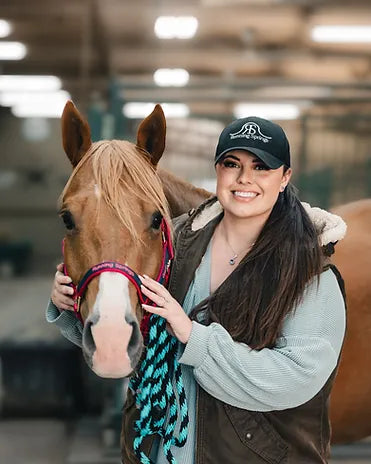
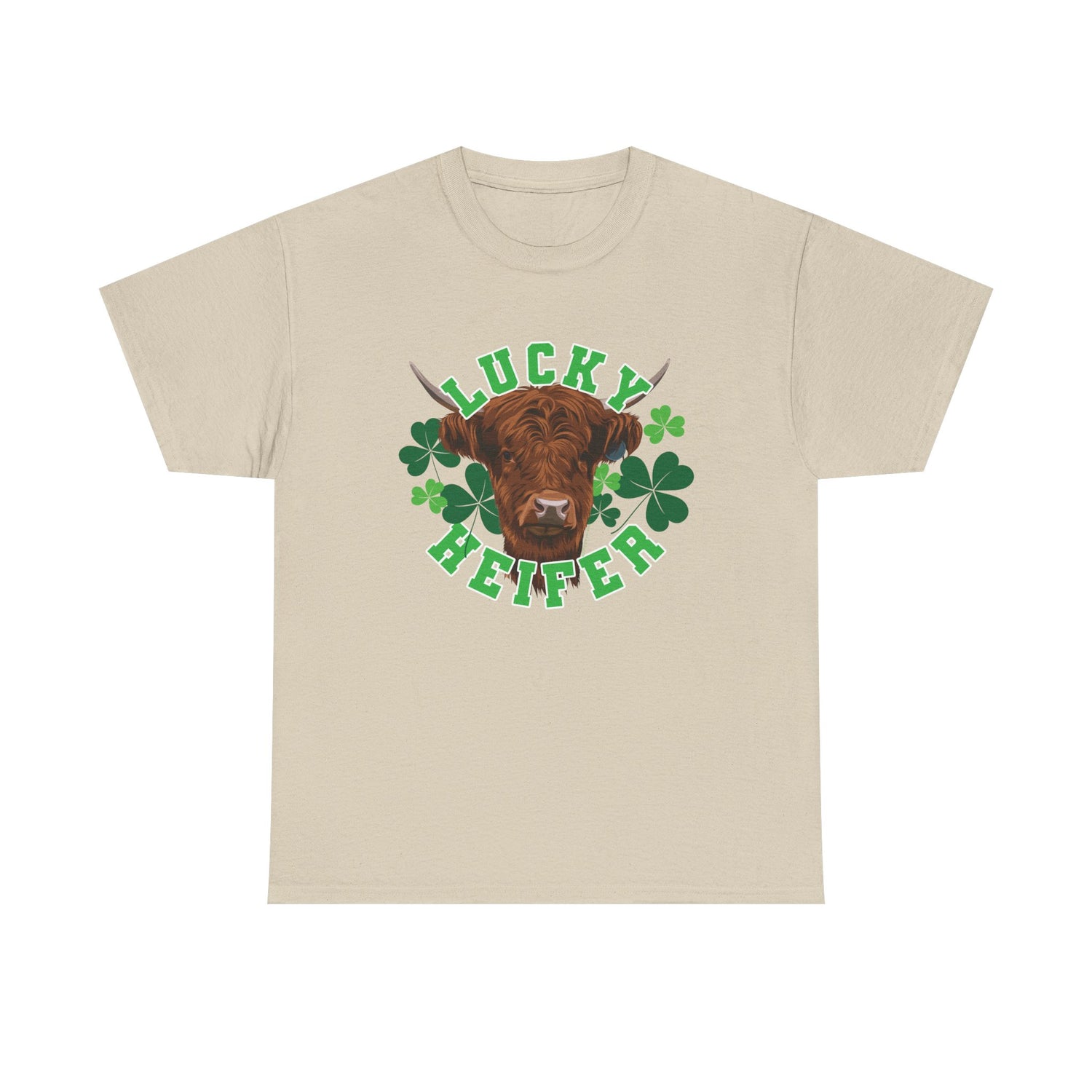
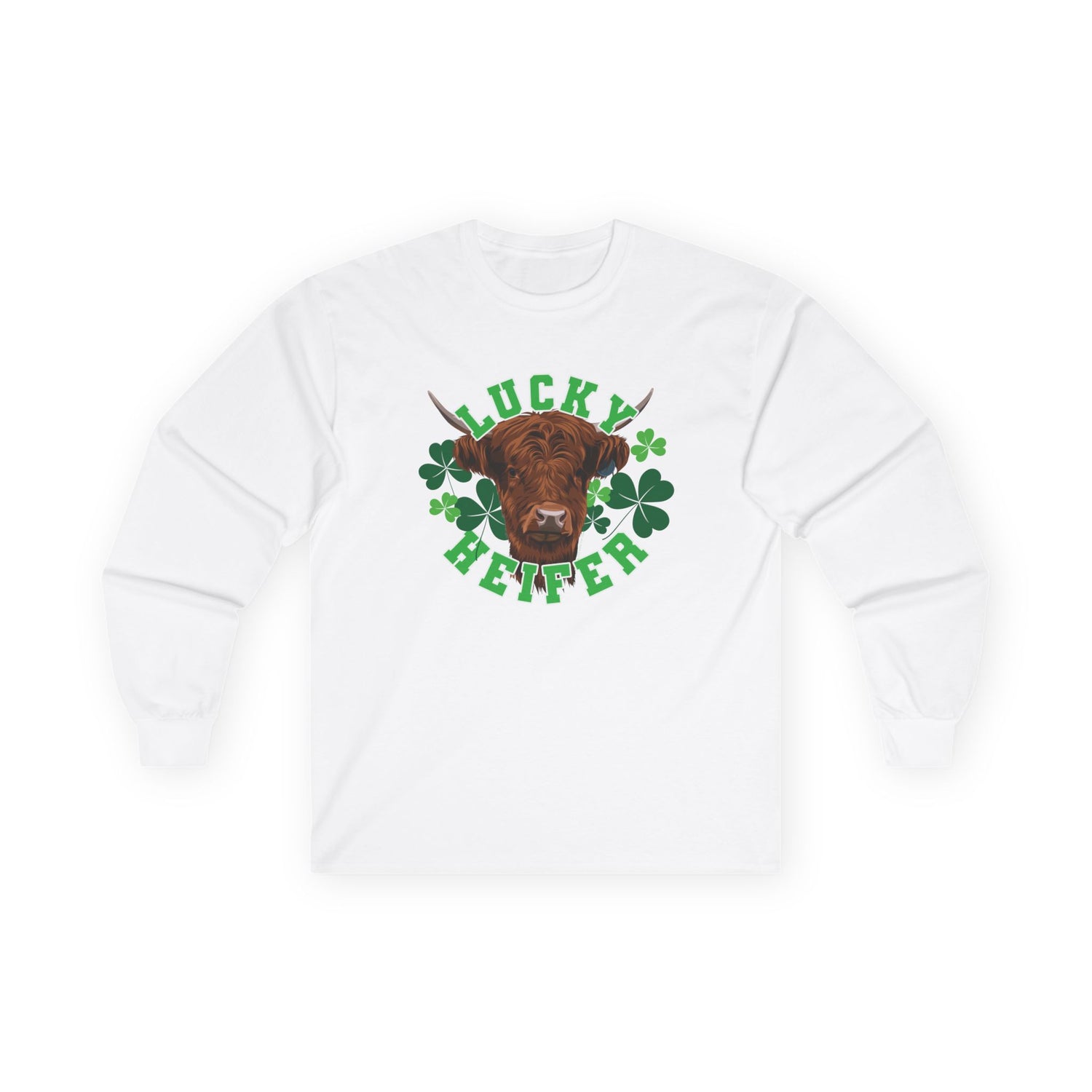
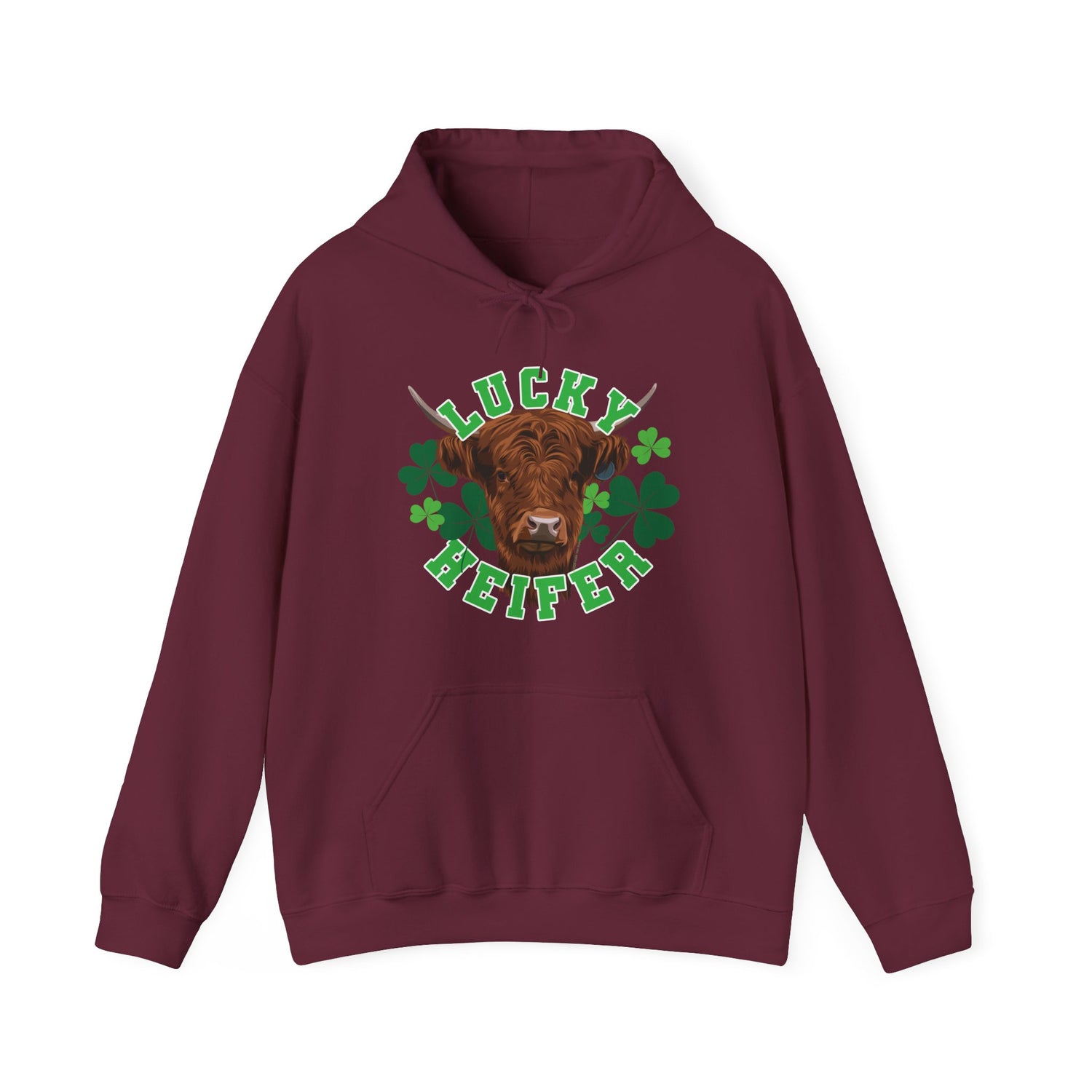
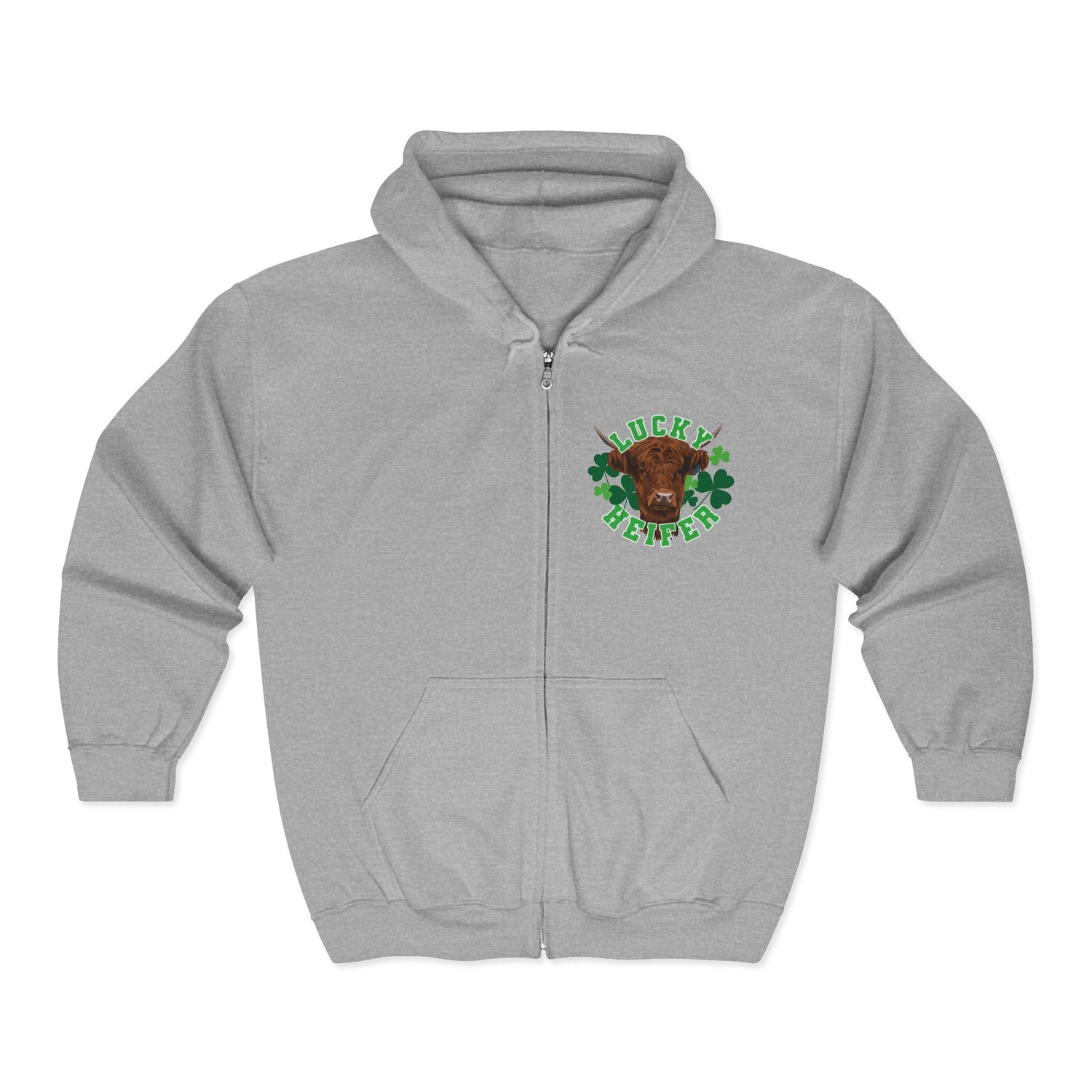
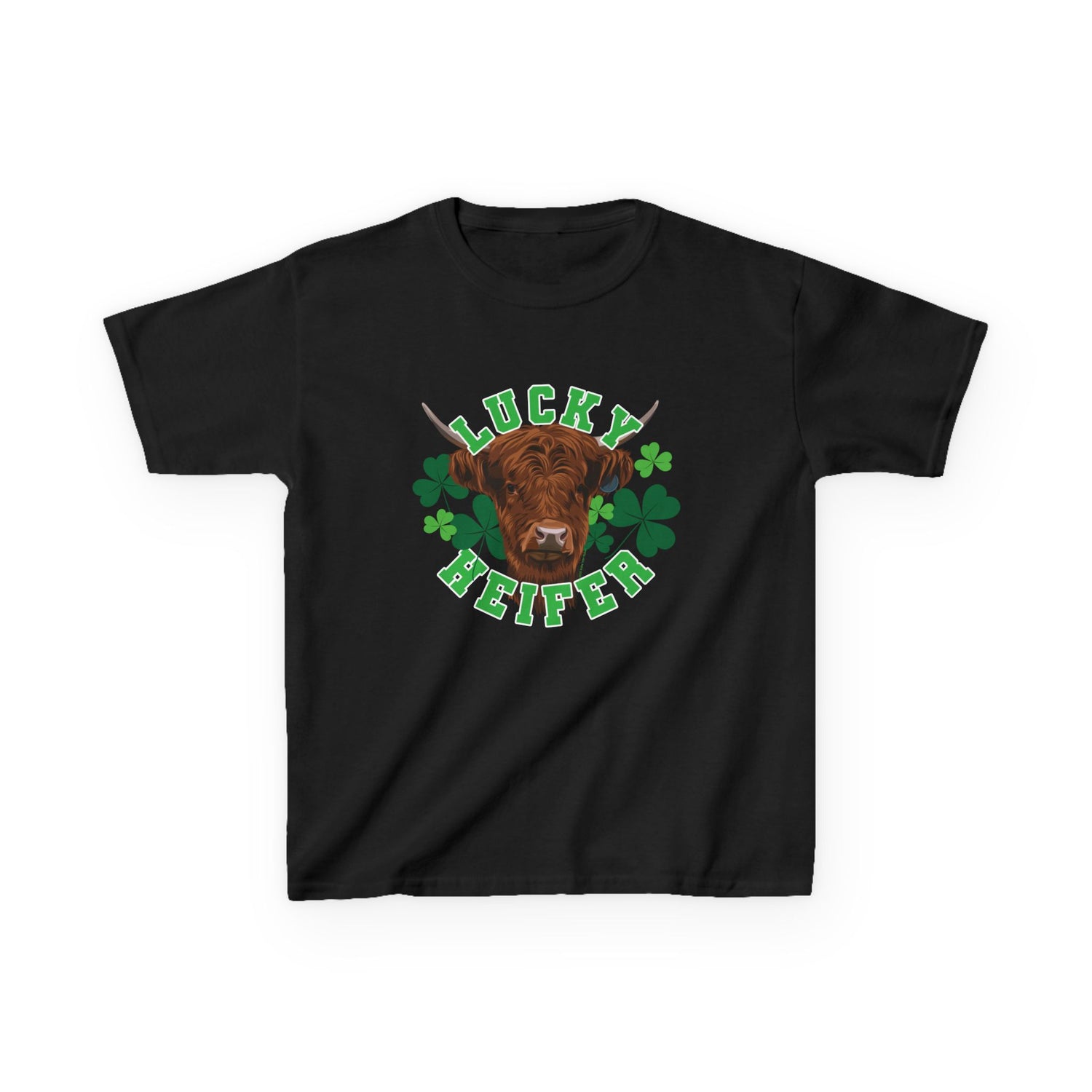
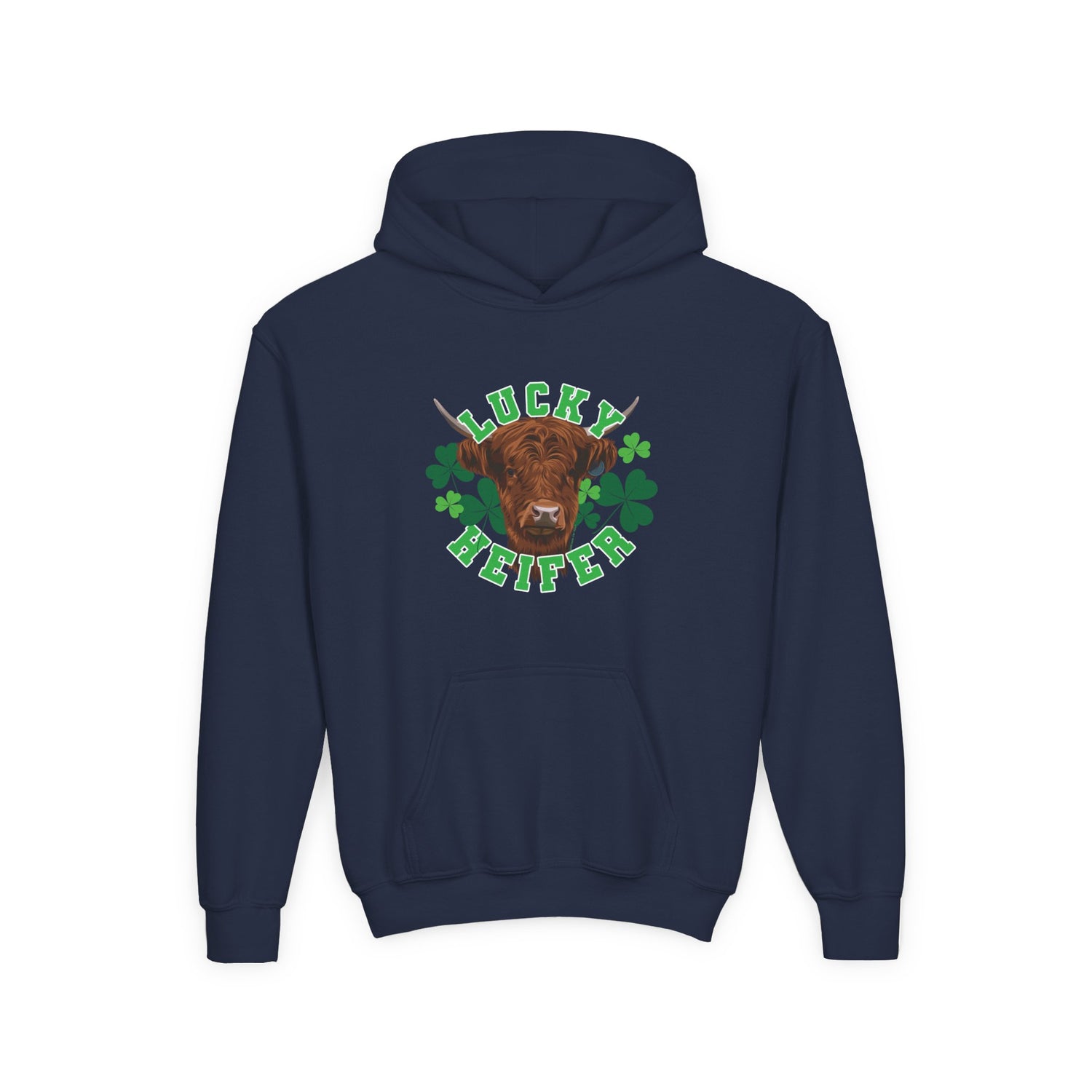
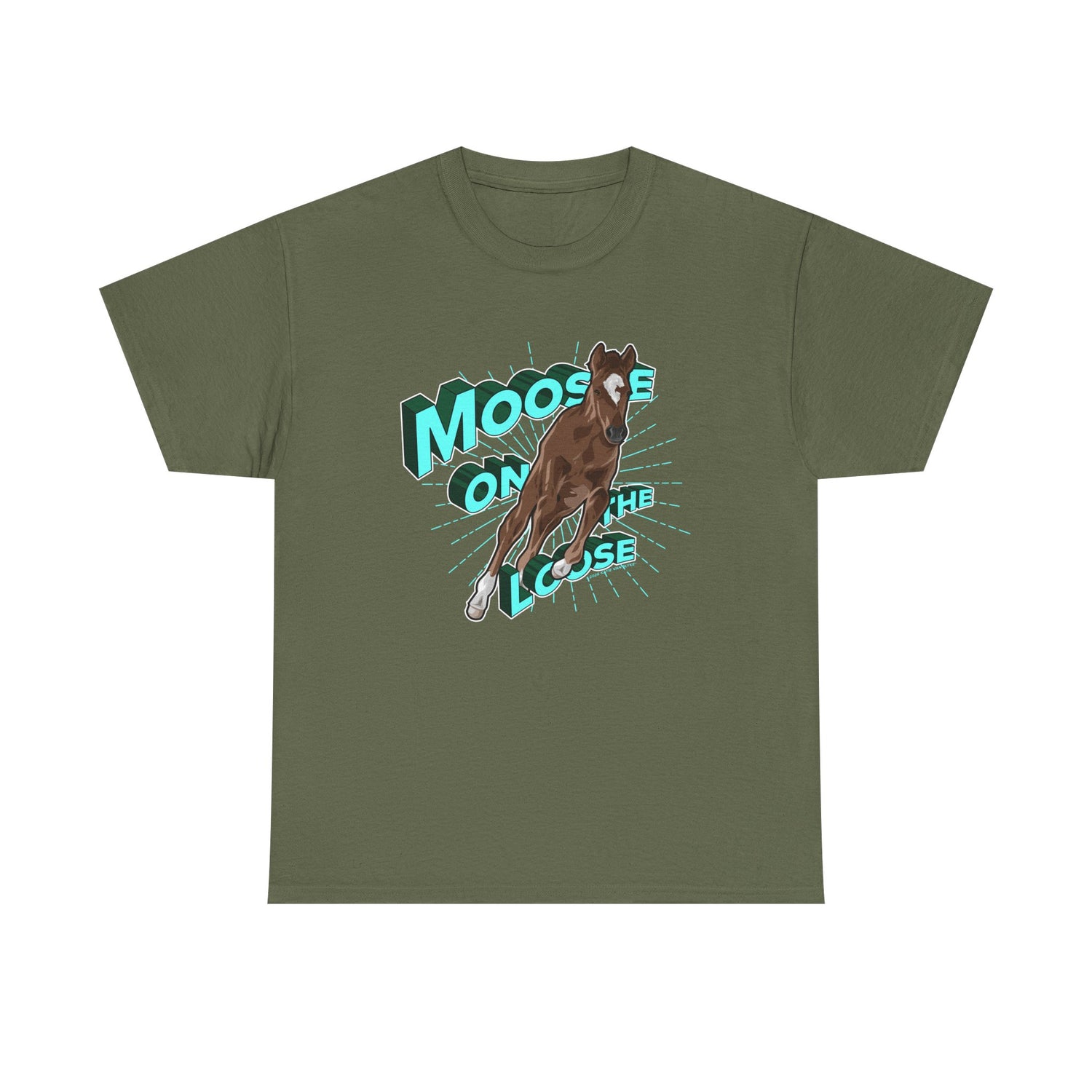
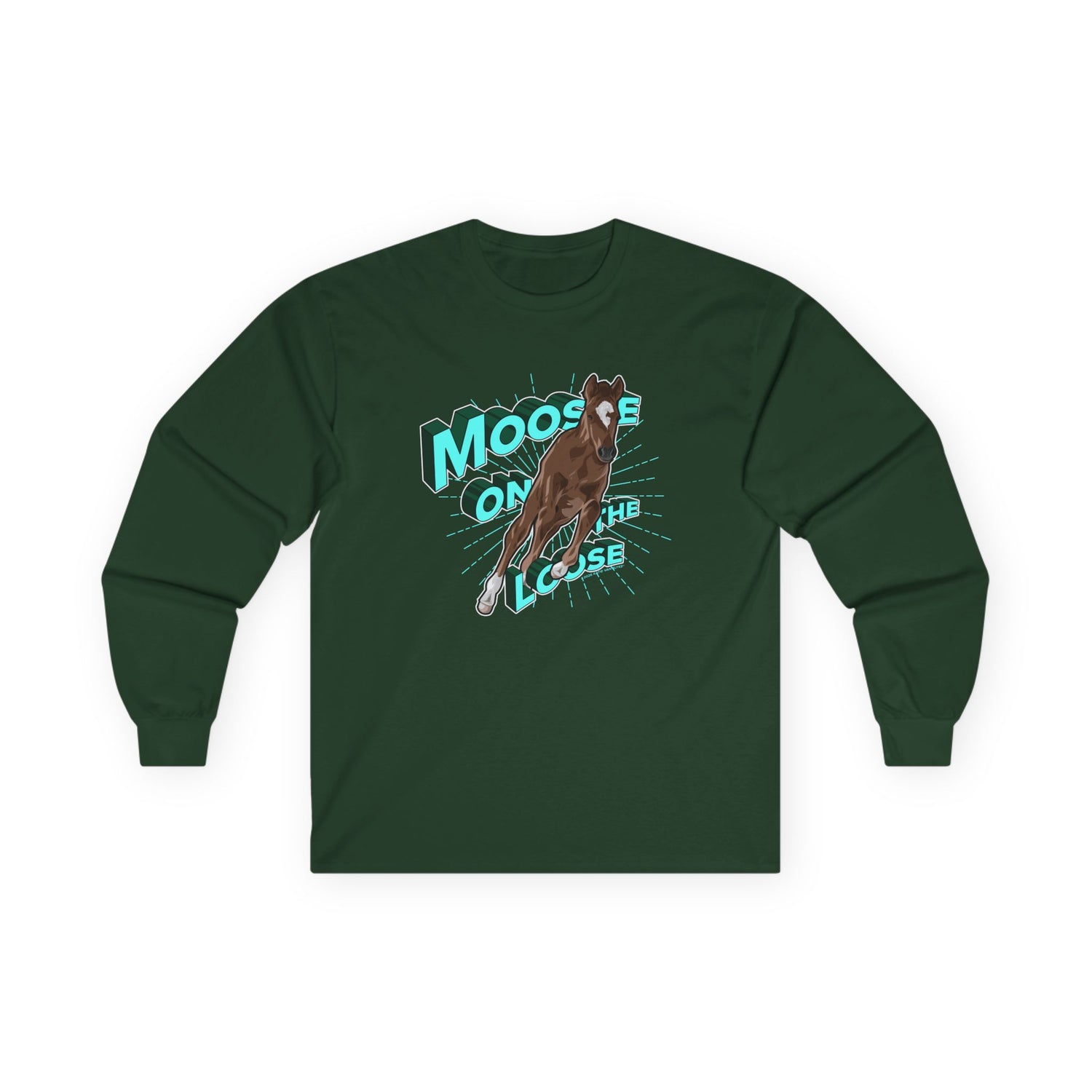
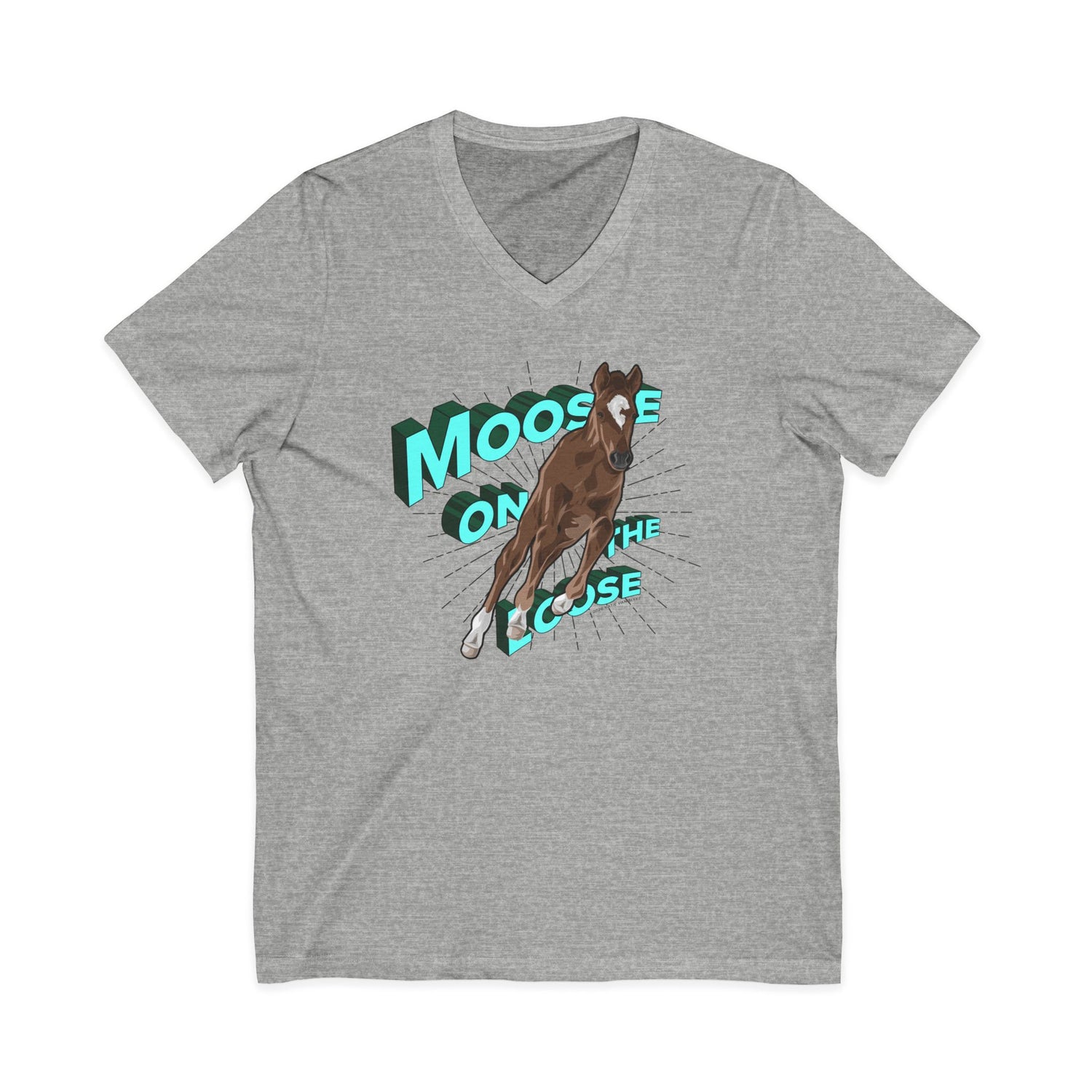
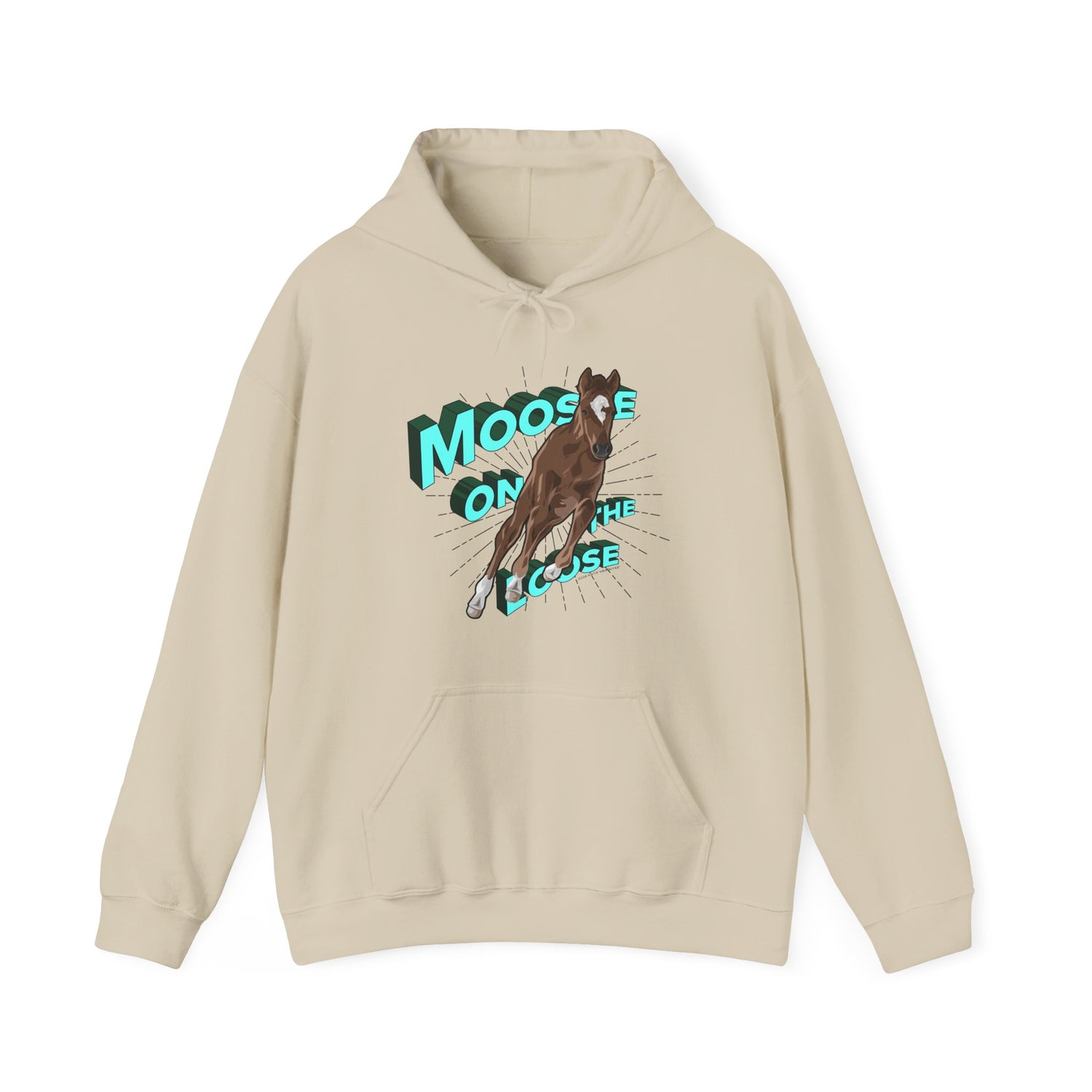
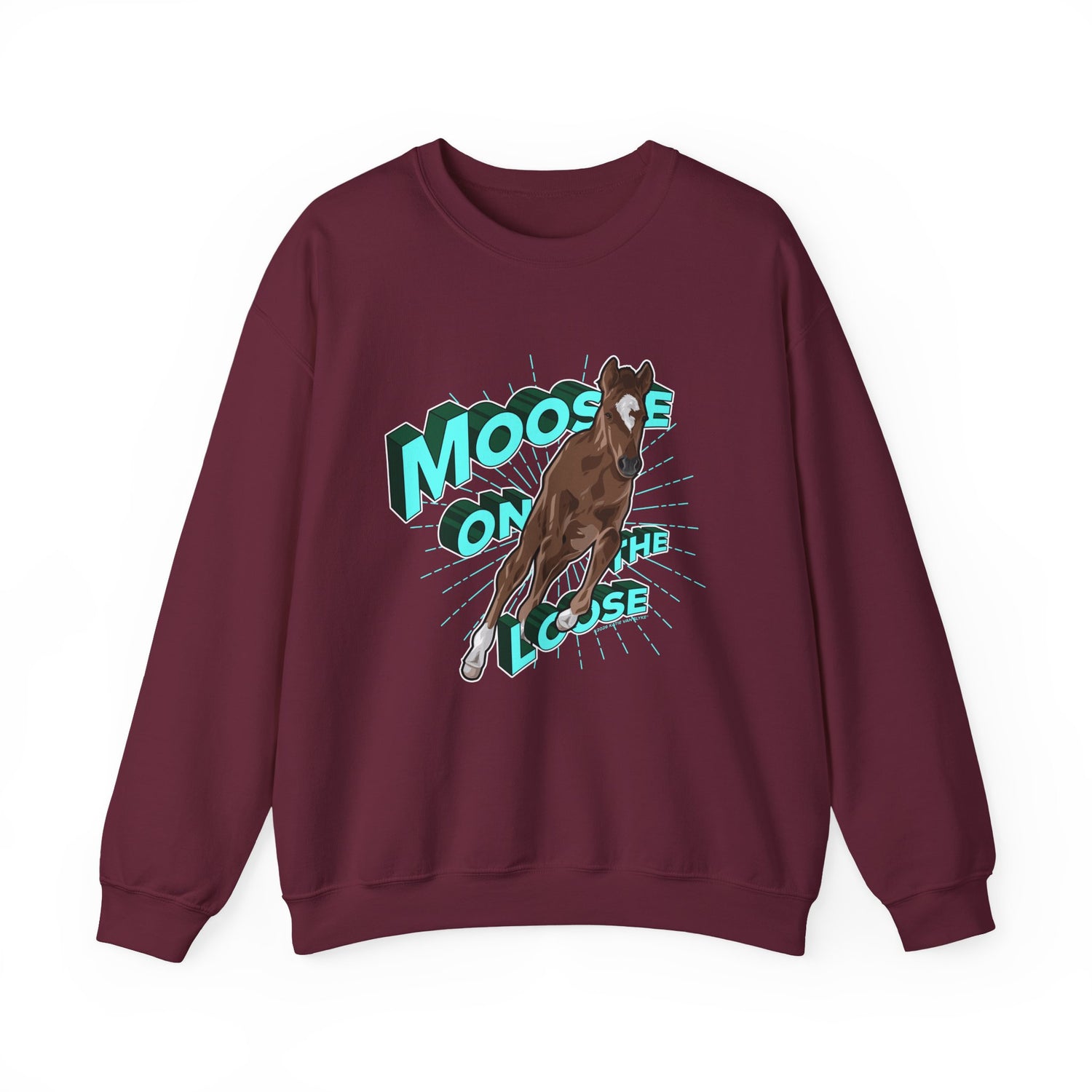
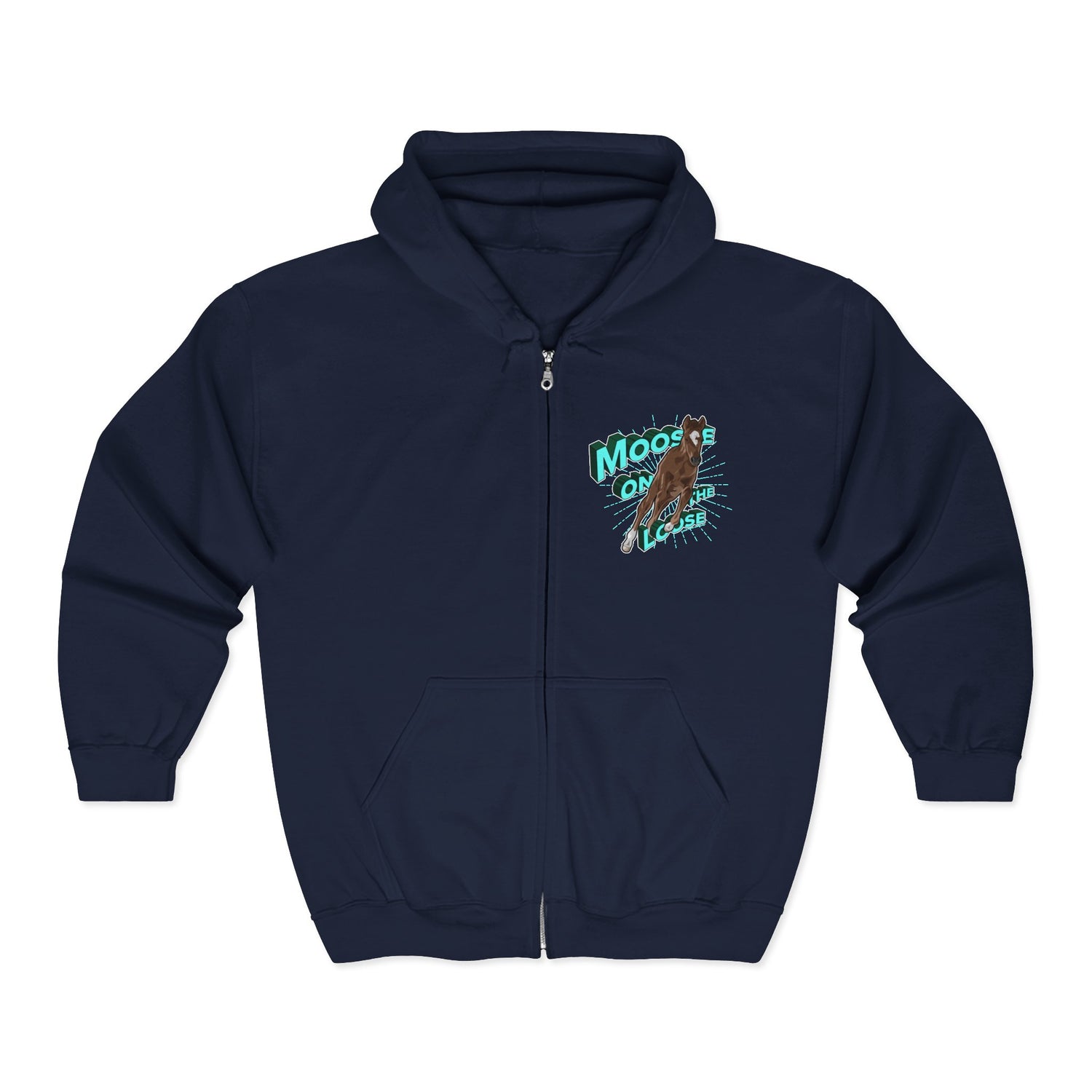
1 comment
Need to fix the editing. Article says you have 4 recip mates but than names six.